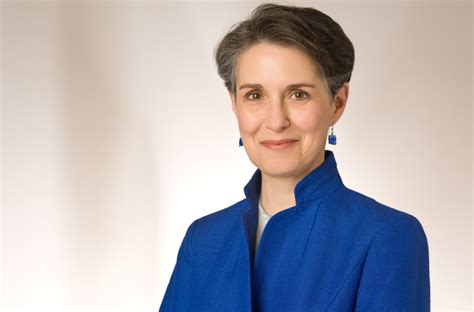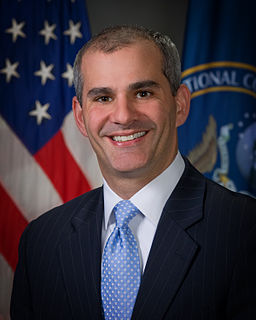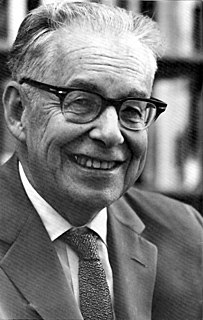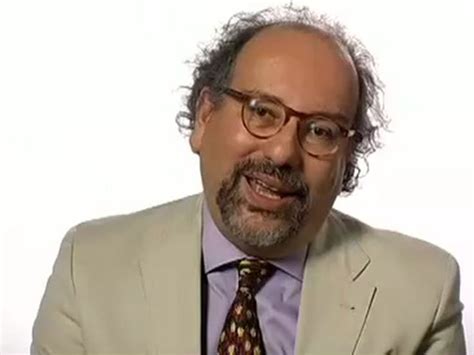A Quote by Rita Gunther McGrath
Generating ideas is not a problem. Incubation is. Acceleration is.
Quote Topics
Related Quotes
The creative act always requires a stepping back. It's called the incubation period. The incubation period - one of the four phases of creativity - is when you're not consciously thinking of a problem, and you're letting it marinate. So this is why you hear time and again, people saying they had that "Eureka" moment in the bath, like Archimedes, or in the shower, or while going for a walk or in a coffeehouse.
Creativity is the generation and initial development of new, useful ideas. Innovation is the successful implementation of those ideas in an organization. Thus, no innovation is possible without the creative processes that mark the front end of the process: identifying important problems and opportunities, gathering relevant information, generating new ideas, and exploring the validity of those ideas.
If anything, my problem is, I'm not a genius, it's just that I can write songs very quick. I have a lot of ideas, let's put it that way - I have too many ideas. And my problem is, I stockpile ideas and I get lazy and I don't finish them, and next thing I know, I'm looking around and I've got a hundred song ideas, but are any of them any good? I don't know.
Does the engineer ever predict the acceleration of a given body from a knowledge of its mass and of the forces acting upon it? Of course. Does the chemist ever measure the mass of an atom by measuring its acceleration in a given field of force? Yes. Does the physicist ever determine the strength of a field by measuring the acceleration of a known mass in that field? Certainly. Why then, should any one of these roles be singled out as the role of Newton's second law of motion? The fact is that it has a variety of roles.
There is first the problem of acquiring content, which is learning. There is another problem of acquiring learning skills, which is not merely learning, but learning to learn, not velocity, but acceleration. Learning to learn is one of the great inventions of living things. It is tremendously important. It makes evolution, biological as well as social, go faster. And it involves the development of the individual.
The 1,230 gigawatts (GW) of renewable power generating capacity in place at the end of 2009 now constitutes just over 25 percent of total generating capacity worldwide. This is over three times nuclear generating capacity and roughly 38 percent of the capacity of fossil fuel-burning power plants worldwide.

































